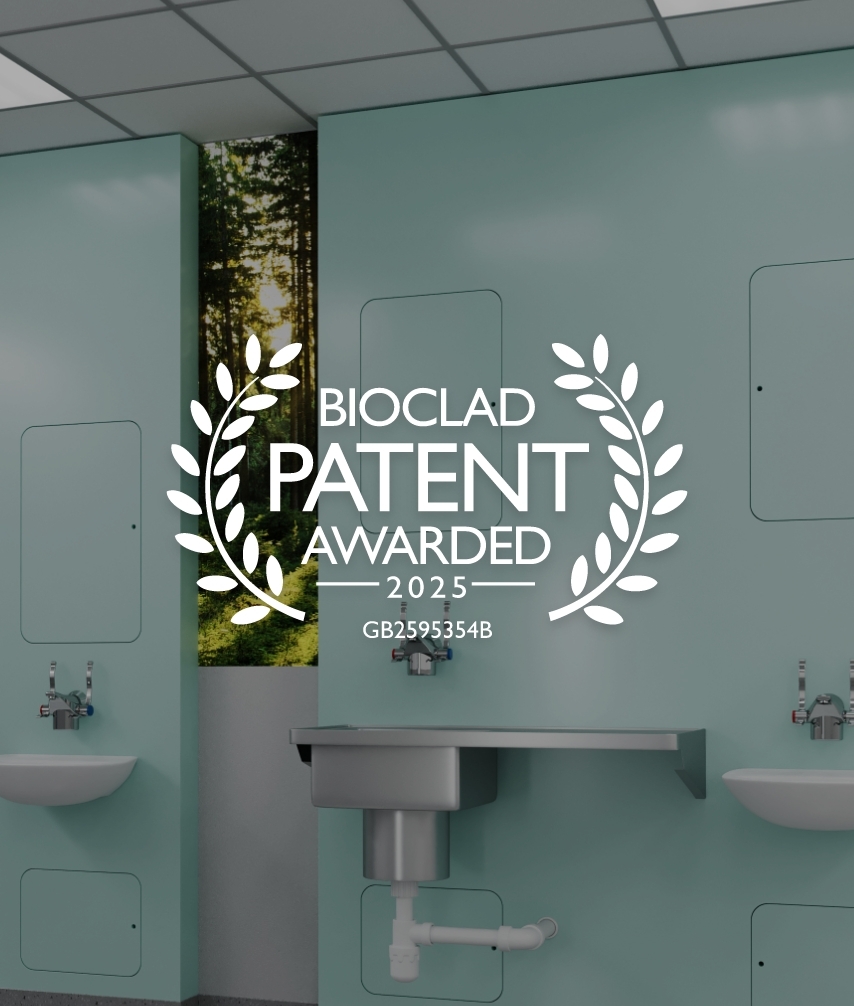Launched in 2011, VinylPlus is a ten-year voluntary industry commitment to present a comprehensive approach to sustainable development. In partnership with The Natural Step, an international sustainability NGO, VinylPlus was preceded by Vinyl 2010, which began to address widely expressed environmental concerns about the impact of PVC production.
Back in 1999, there was no organized recycling infrastructure for the European PVC industry. A strategy to promote resource efficiency was developed by PlasticsEurope, which represents the European plastics producing industry.
Progress has been good. One million tonnes of PVC has been recycled since 2001, and the industry aims to recycle 800,000 tonnes of PVC per year by 2020, including 100,000 tonnes of ‘difficult to recycle’ waste. The most recent figures, for 2013, show that the industry is half way to target, with recycling having reached 400,000 tonnes.
And this is not ‘greenwash’. It has been achieved through a holistic approach, with the industry looking at opportunities to improve at every stage of the process from production to supply, re-use and disposal. The industry’s effort has been commended by the eminent environmentalist Sir Jonathon Porritt, one of the founders of Friends of the Earth and a previous vehement critic of the industry.
Porritt said in an interview with INEOS’s INCH magazine in 2013 that there were three good reasons why companies were now becoming more sustainable and realising it made good financial business sense to ensure their companies had the resources to compete more sustainably in the global markets. These three key drivers for more sustainable wealth creation were government regulation, consumer expectation and industry innovation. Porritt points especially to the need for NGOs and private companies like INEOS to continue to work together in achieving a sustainable future.
On a practical level, the European PVC hygienic wall cladding industry has focused on minimizing the volume and weight of waste during the production process, something over which it has the most control. Further along the supply chain, it has encouraged the re-use of certain products and the manufacture of new products from used goods. The industry has also harnessed the high energy value of spent plastic goods in waste to produce light, heat and power.
Of course, there is always a long way to go, but recycling has now become an integral component of the psyche of the PVC industry, and it is good to see that this is now being recognized. In the final analysis, the statistics will speak for themselves.
Order Free Samples
Order Free Samples

We are thrilled to announce that as of 2nd April 2025, Bioclad has been officially granted a patent for our “Integrated Plumbing System Apparatus and Method of Manufacture.”
Read More